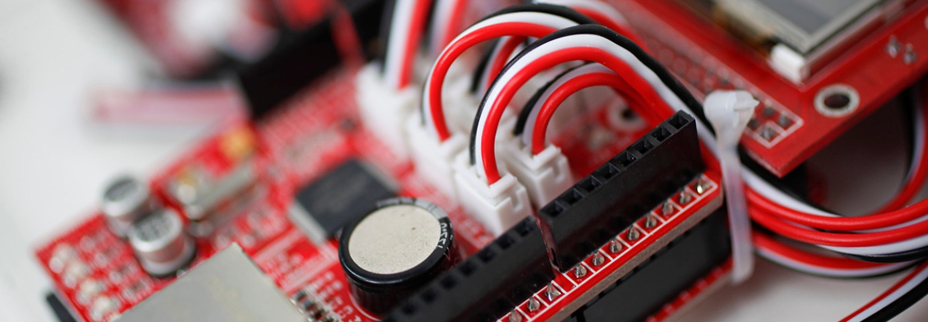Home Bsc

Electrical and electronic engineering touches on almost every aspect of modern life, from communications to electrical power distribution and health care. If you want to maintain and develop new technologies for our ever-changing world, this course will prepare you to do so.
Course overview
The course teaches you how to produce practical and innovative solutions to a variety of engineering problems. Throughout this course you will have the opportunity to build up your practical skills, using state-of-the-art technology to produce innovative solutions to engineering problems. From day one you will be developing electronic circuits from prototype design through to fully assembled PCBs. There will be practical laboratory sessions alongside taught electrical and electronic theory.
Upon successful completion of the course, the student will be awarded a degree in BEng (Hons) Electrical and Electronic Engineering with 360 UK credits.




















** Option modules will run subject to staff availability and viable student numbers opting to take the module.
British/ International A Levels (From a minimum 112 UCAS tariff points depending on course)- To calculate points https://www.ucas.com/ucas/tariff-calculator
Indian Standard 12/HSC (minimum average of 55% depending on exam board)
International Baccalaureate (IB) Diploma (From a minimum 25 points depending on course)
Second and final year entry on a bachelor's degree may be available for those with a Higher National Diploma (HND) from the UK with a merit profile
A recognised foundation course
Students from other countries under other secondary school examinations (minimum average of 55%)
Candidate also need GCSE English and Maths (grade 9 – 4 / A* - C) or Level 2 equivalents.
Popular jobs for electrical engineering degree graduates include:





